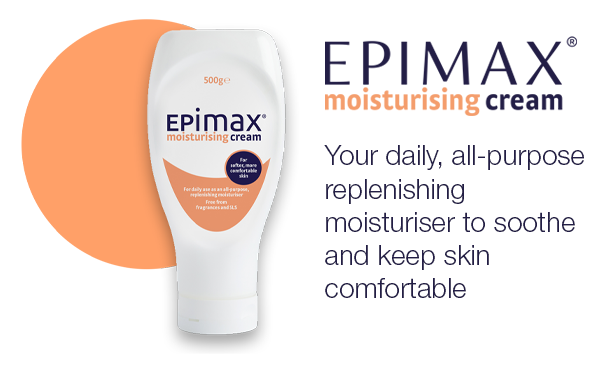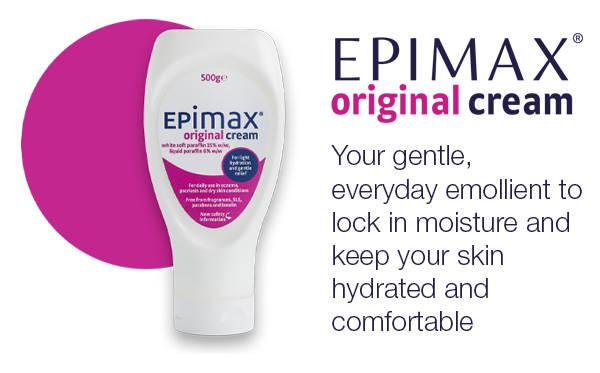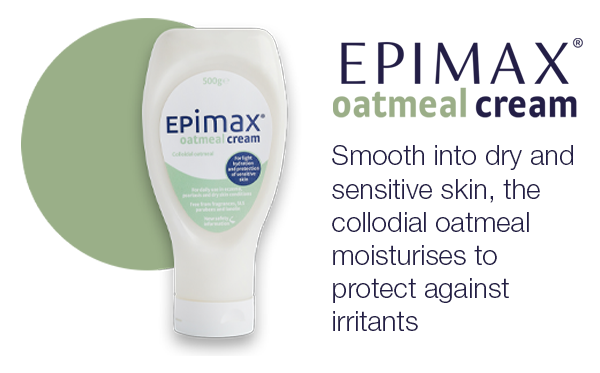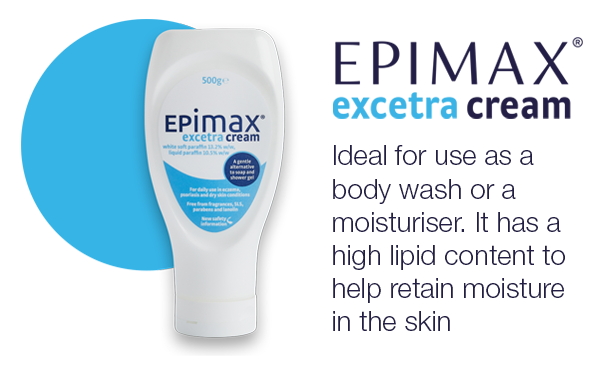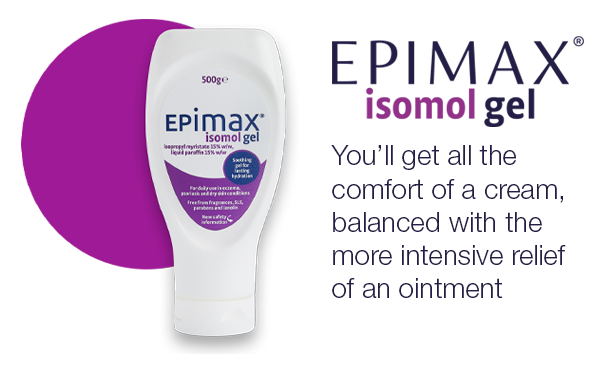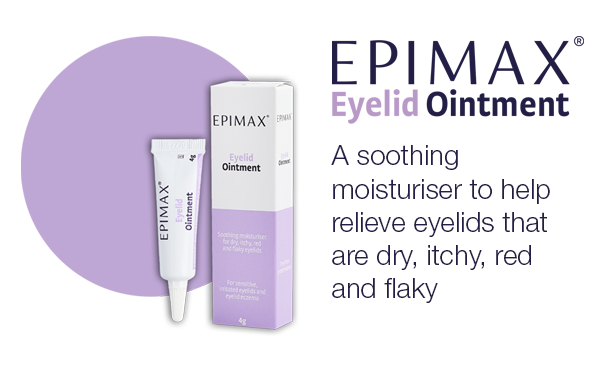Did you know that the heaviest and largest organ of your body is the skin?
Let’s talk about your skin. In this article we are going to learn about how the skin works, its many functions to protect the body, and the role it plays in helping to maintain your body’s overall health.
The skin1
Did you know that your skin is the largest and heaviest organ of your body? To give you an idea of its size, an adults skin can weigh around 8 pounds (3.6 kilograms), and it covers an area of almost 2 square meters (22 square feet)2.
The skin plays an important role in maintaining your body’s health.
The layers that make up the skin
The skin is made up of three layers3:
- The epidermis
You may have heard this being referred to as ‘your skin barrier’ some people may call it the ‘moisture barrier’ or ‘lipid barrier’. It’s made up of a blend of lipids or fats, including ceramides, it’s also home to an ecosystem of microorganisms or bacteria that keep the skin balanced and healthy. - The dermis
Contains tough connective tissue, hair follicles and sweat glands - The hypodermis
The deeper subcutaneous tissue is made of fat and connective tissue
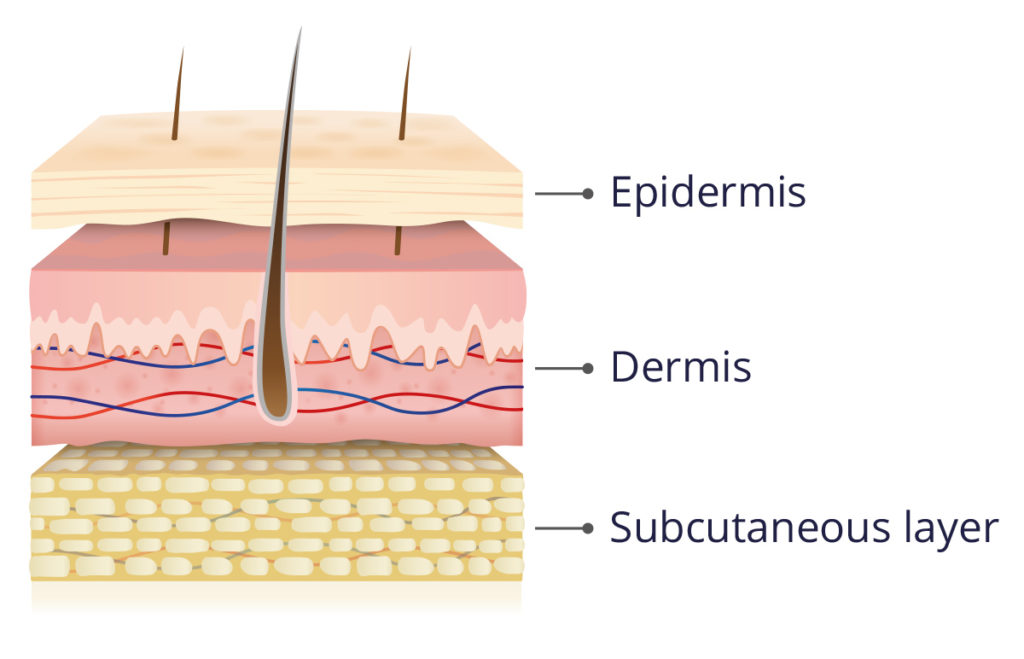
What are the functions of the skin1?
- Acts as a barrier to protect harmful substances and bacteria from entering your body
- Prevents dehydration and retains moisture
- Protects the body from the negative effects of too much heat or cold
- Allows your body to feel sensations such as warmth, cold, pressure, itching and pain
- Reduces the harmful effects of UV radiation
- Plays an important role in helping to regulate your body temperature
- Acts as a physical barrier to prevent pathogens (harmful microorganisms that cause disease) gaining entry to the body
- Is responsible for the production of vitamin D4
- Produces hormones that are important for the whole body
- Functions as a large storeroom for the body (the deepest layer of skin can store water, fat and metabolic products)
What is the skin barrier?
- The only layer of skin that we can see, the skin barrier is the front line of your skin that defends against damaging pollution, UV light, infection, and irritants.
- It also works to lock in essential hydration5 .
- If the barrier becomes compromised in any way then the skin can become red, shiny, sore, dry uncomfortable or itchy6 .
What happens in healthy skin7?
- Healthy skin cells are plumped up with water, forming a protective barrier against entry of pathogens (harmful microorganisms that cause disease).
- One way to picture the way your skin works is to picture it as building blocks. The outer skin cells are bricks, while fats and oils act as the mortar (like a seal) that keeps everything together.
- The skin cells attract and keep water inside, and the fats and oils also help keep the water in.
If I have eczema, what happens to my skin7?
If you have eczema, your skin is more prone to drying out and your protective barrier may not be as effective as it may be in healthy skin.
This is because your skin may not produce as much fats and oils as other people’s and is less able to retain water.
Gaps appear between the skin cells because they are not sufficiently plumped up with water.
Moisture is then lost from the deeper layers of the skin, allowing bacteria or irritants to pass through it more easily.
What happens in skin that has psoriasis8?
If you have psoriasis, your skin replacement process speeds up, taking just a few days to replace skin cells that usually take 21-28 days.
This accumulation of skin cells builds up to form raised ‘plaques’ on the skin, which can also be flaky, scaly, red on Caucasian skin, darker patches on darker skin tones, and itchy.
What does the skin do to repair1?
If skin is injured, the blood supply to the skin increases in order to deliver various substances to the wound so it is better protected from infections and can heal faster.
Later, new cells are produced to form new skin and blood vessels. Depending on how deep the wound is, it heals with or without a scar.
In our next article, we’ll be looking at emollients and the impact they can have on your skin – click here to read it.
- https://www.ncbi.nlm.nih.gov/books/NBK279255/ (Accessed November 2023)
- Skin Information and Facts | National Geographic (Accessed November 2023)
- https://www.webmd.com/skin-problems-and-treatments/picture-of-the-skin#1 (Accessed November 2023)
- https://www.ncbi.nlm.nih.gov/pubmed/2825606 (Accessed November 2023)
- https://www.nature.com/articles/s41598-017-15921-5 (Accessed November 2023)
- https://www.ncbi.nlm.nih.gov/pmc/articles/PMC5608132/ (Accessed November 2023)
- https://eczema.org/information-and-advice/our-skin-and-eczema/ (Accessed November 2023)
- https://www.psoriasis-association.org.uk/about-psoriasis (Accessed November 2023)
EPI1010451N3_NOV2023
